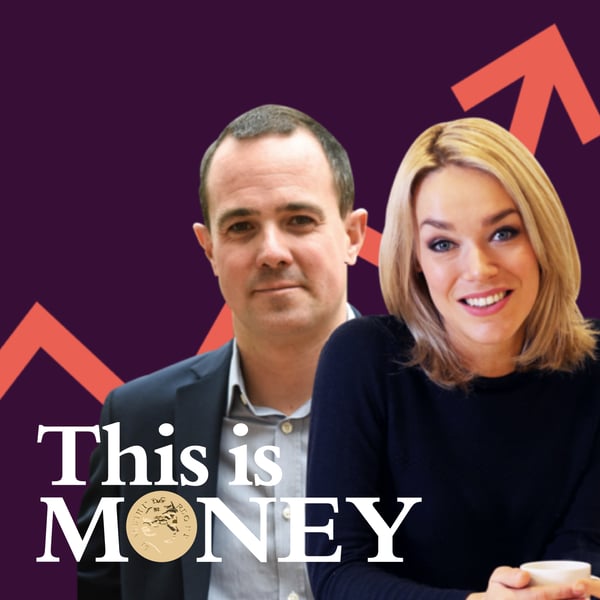It was a historic moment — Britain is leaving the affordable goods market
This is Money Podcast
This is Money
4.1 • 650 Ratings
🗓️ 31 March 2017
⏱️ 51 minutes
🧾️ Download transcript
Summary
It was never about economics.
But 52% or the 72% turnout voted for the UK to leave the European Union last June and now it’s official.
Prime Minister Theresa May has written and delivered a letter that gives the country just two years to renegotiate tens of thousands of laws that took 40 odd years to draw up. It’s about taking control, she said, without expanding what that might mean.
In the absence of any credible positive analysis from the 'Leave' fraternity, please allow Simon Lambert, Rebecca Rutt and Georgie Frost to have a go at explaining where our economy now stands.
The vote to leave the EU hit the pound immediately and that is likely to continue.
Prices of just about everything are rising and are set to rocket.
Five percent this year may not sound a lot but cumulatively, petrol, travel, clothes and food make up a lot of what we buy.
But on the plus side?
Also on the show Britain is in debt, nationally and personally at record levels. Should we be alarmed?
The new pound coin is now in circulation. Is it really impossible to forge?
What does investing post-Brexit look like? Investing overseas most likely.
How much do you pay for a decent bottle of wine?
Enjoy.
Transcript
Click on a timestamp to play from that location
| 0:00.0 | This is Money, brought to you in partnership with NS&I, giving you 100% security backed by HM Treasury. |
| 0:13.3 | This is an historic moment from which there can be no turning back. |
| 0:19.6 | A very warm welcome to This Is Money show on Share Radio and partnership with NS&I. |
| 0:24.5 | I'm Georgie Frost and in the studio with me is editor Simon Lamber and reporter Rebecca Rutte around at the week's top stories. |
| 0:31.7 | They've been covering on their award-winning website. |
| 0:34.4 | So the countdown to Brexit has begun. |
| 0:37.1 | Article 50 has been triggered. The |
| 0:39.2 | Great Repeal Bill is coming. The bill will not oblige our courts to consider cases decided by the |
| 0:45.0 | European Court of Justice after we have left. So what next? And what for the pound in our pocket? |
| 0:50.6 | We're likely to have 5% food inflation by October. Petal costs have gone up. That also |
| 0:57.8 | impacts the cost of gas and electricity at home. Prices might be rising, but it doesn't seem to be |
| 1:03.7 | putting us off spending on our credit cards. We've got personal debt at record levels and still the |
| 1:08.4 | national debt is huge. The government would look |
| 1:10.9 | strange lecturing us on financial probity when its own house is hardly in a good state. Also today, |
| 1:16.7 | there's a new quid on the block. The new £1 coin has got a host of security features that |
| 1:21.9 | should give the public more reassurance that the coin they're using is a genuine United Kingdom |
| 1:26.7 | coin. |
| 1:32.3 | But you give a flip. We focus on bank fraud. The sheer volume of cases sent to this his money has raised fear that one bank in particular is being seen as an easy target by fraudsters. |
| 1:38.0 | Find out which one. Also, Simon's been tapping away on his minor investor blog again. |
| 1:42.7 | What's he been tackling this week? |
| 1:44.6 | And the perfect plonk, why you should always go for the £10 bottle of wine at the supermarket, |
| 1:50.4 | according to a former boss of Waitrose, but half of us would pay no more than £6 for a bottle. |
... |
Please login to see the full transcript.
Disclaimer: The podcast and artwork embedded on this page are from This is Money, and are the property of its owner and not affiliated with or endorsed by Tapesearch.
Generated transcripts are the property of This is Money and are distributed freely under the Fair Use doctrine. Transcripts generated by Tapesearch are not guaranteed to be accurate.
Copyright © Tapesearch 2025.

